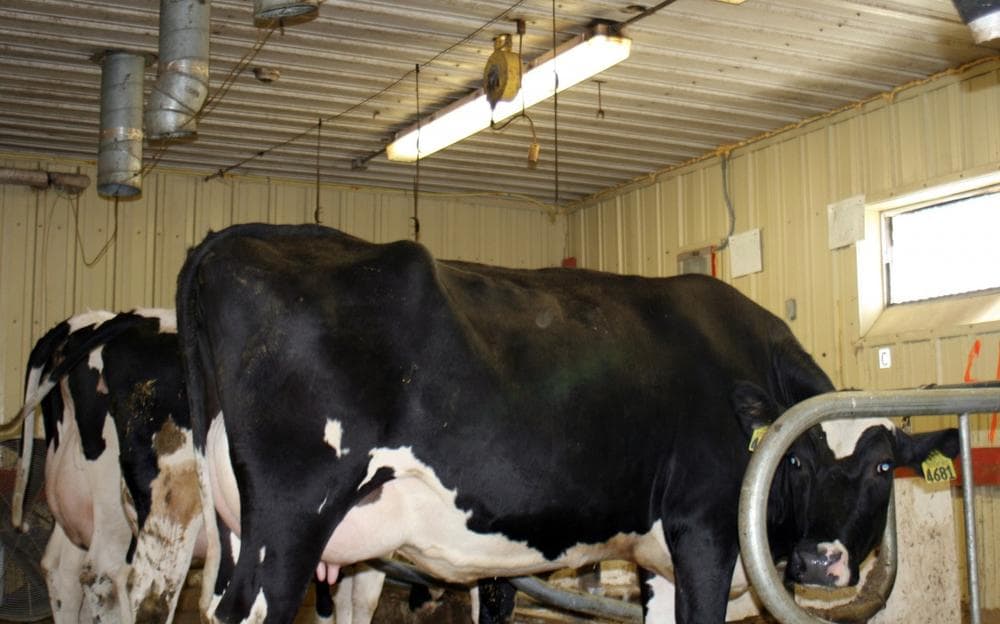Advertisement
Study: US Spewing 50% More Methane Than EPA Says
Resume
The United States is spewing 50 percent more methane — a potent heat-trapping gas — than the federal government estimates, a new comprehensive scientific study says. Much of it is coming from just three states: Texas, Oklahoma and Kansas.
That means methane may be a bigger global warming issue than thought, scientists say. Methane is 21 times more potent at trapping heat than carbon dioxide, the most abundant global warming gas, although it doesn't stay in the air as long.
Much of that extra methane, also called natural gas, seems to be coming from livestock, including manure, belches and flatulence, as well as leaks from refining and drilling for oil and gas, according to the study, published Monday in the Proceedings of the National Academy of Science.
The study estimates that in 2008, the U.S. poured 49 million tons of methane into the air. That means U.S. methane emissions trapped about as much heat as all the carbon dioxide pollution coming from cars, trucks, and planes in the country in six months.
That's more than the 32 million tons estimated by the U.S. Environmental Protection Administration or the nearly 29 million tons reckoned by the European Commission.
University of Michigan scientist Eric Kort was one of the researches involved in the study, and joins Here & Now's Jeremy Hobson to discuss the findings.
"One of the things that's becoming very clear is, in the case of methane, we don't have a very good grasp of what emissions currently are," Kort says. "So we don't actually know very well how we could reduce it, or if they are being reduced."
Guest
- Eric Kort, professor in the department of Atmospheric, Oceanic and Space Sciences at the University of Michigan, Ann Arbor.
This segment aired on November 27, 2013.